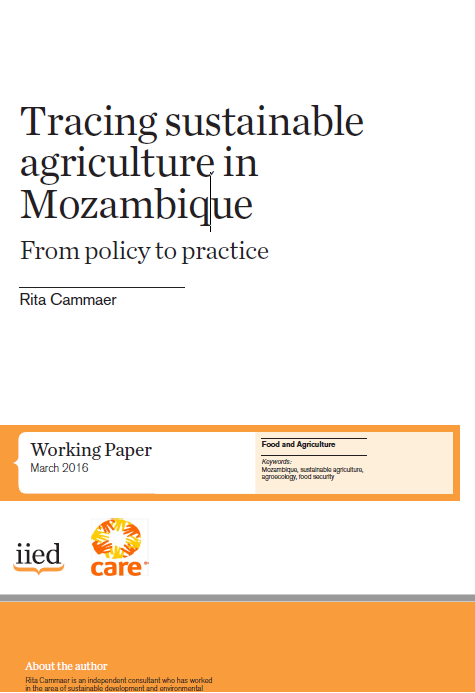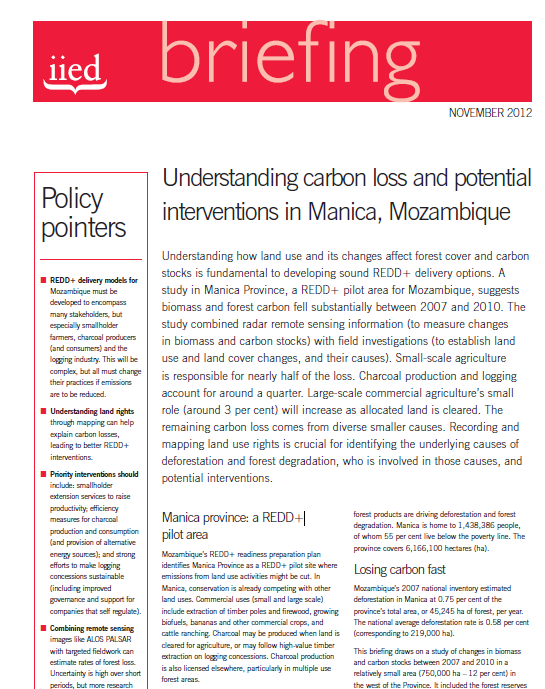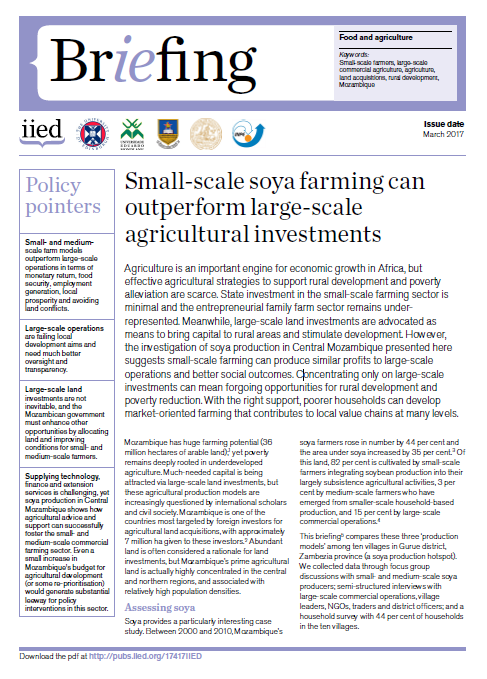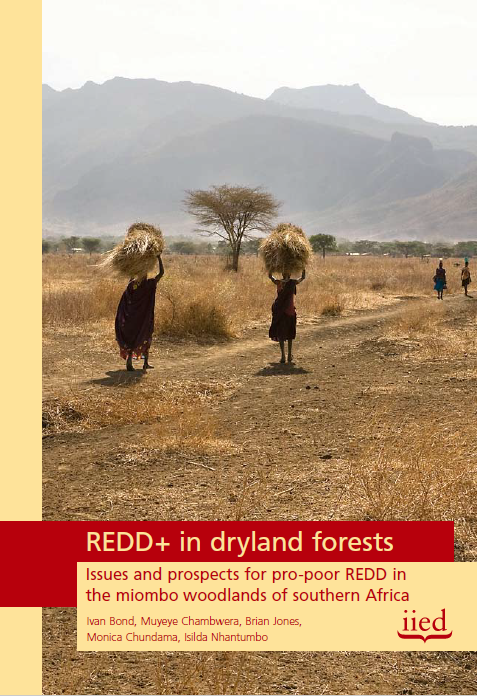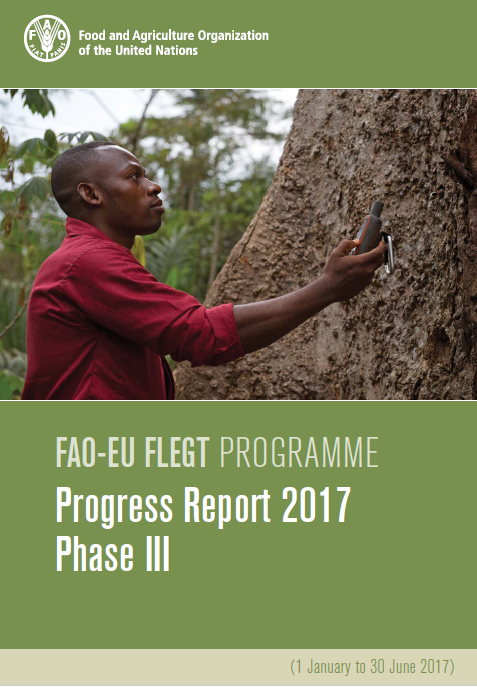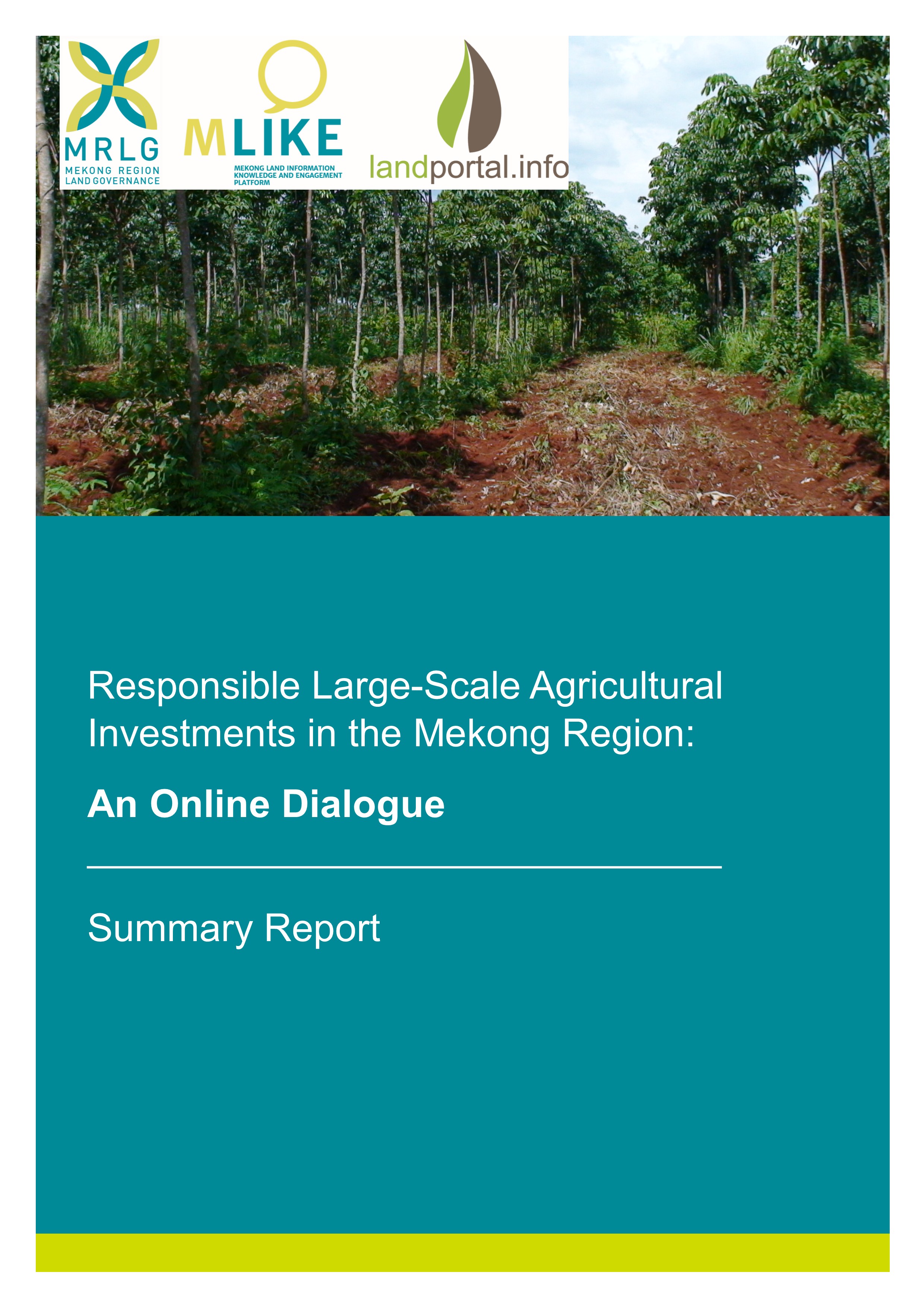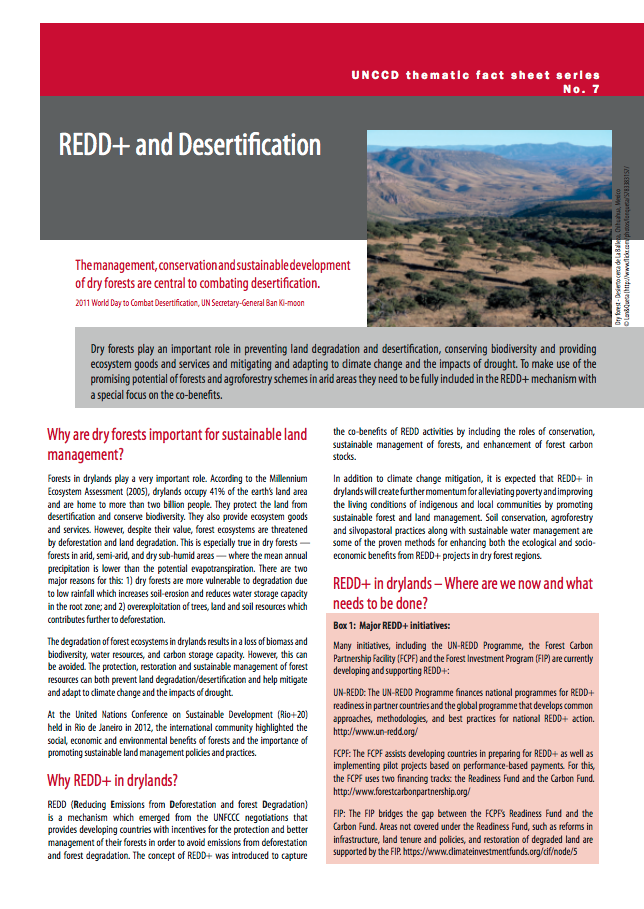China-Africa forest trade and investment
China’s investment and trade in Africa’s natural resource sectors have significant implications for Africa’s forests. Many investments are in forest areas. Some directly engage in logging while others, such as mining, infrastructure and agribusiness, affect forests and rural livelihoods. This report provides an overview of trends, evidence and issues related to the impacts on forests of Chinese investments in four African countries: Cameroon, Democratic Republic of Congo, Mozambique and Uganda.





